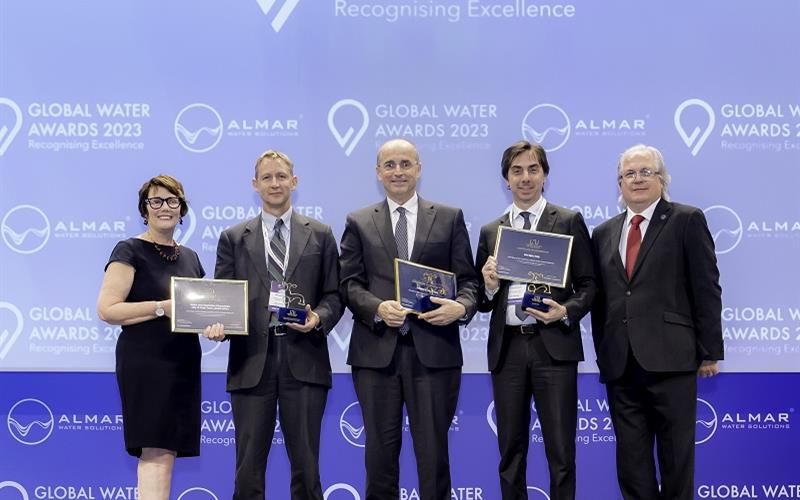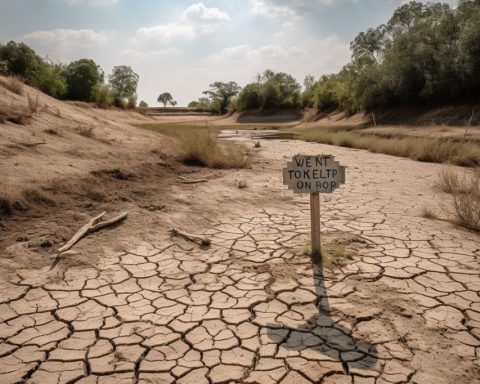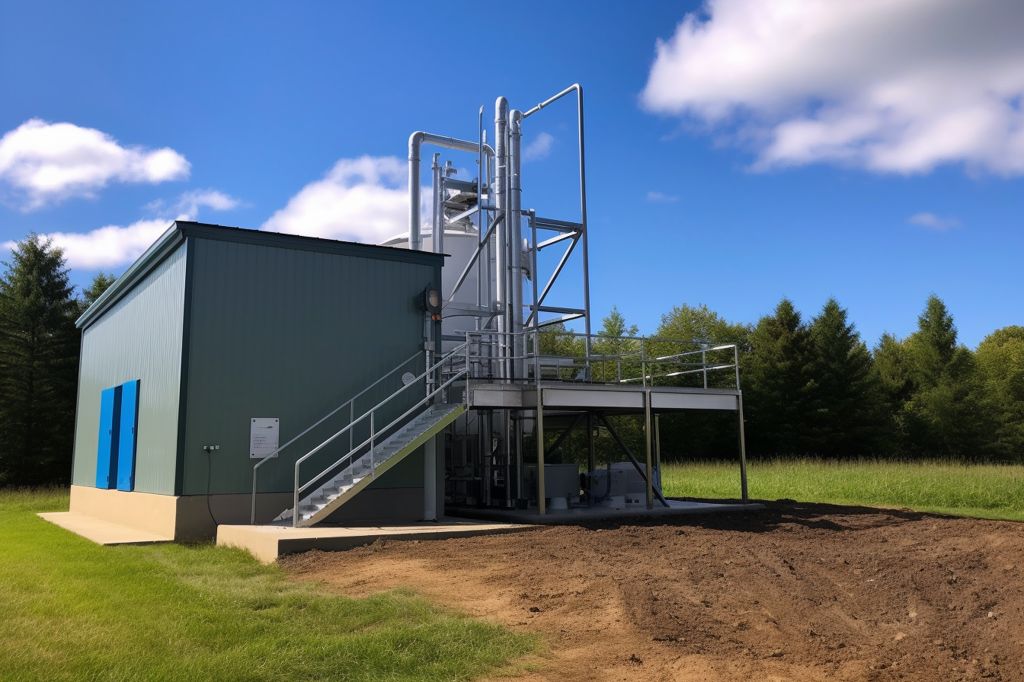Cape Town’s Water and Sanitation Directorate has achieved a significant global milestone by being recognized as Africa’s first Leading Utility of the World (LUOW) member. LUOW is an exclusive international network comprising the most successful and innovative water and wastewater utilities, and Cape Town’s inclusion has put Africa on the LUOW map. LUOW membership is considered the gold standard in utility performance.
Unveiling of LUOW Membership in Berlin
This remarkable achievement was announced during an award ceremony held in Berlin. Cape Town joined Athens and Milan as the newest members of the network, which currently has 66 members. Membership is valid for five years and can be renewed upon demonstrating ongoing performance improvements and progress on stated commitments.
Three Years of Diligent Work to Attain LUOW Membership
Over the past three years, the City’s Water and Sanitation Directorate has been diligently working towards this momentous accomplishment. To attain LUOW membership, a utility must demonstrate outstanding achievement and innovation in at least three aspects of utility management and possess an ambition to continually drive performance.
Outstanding Performance in Three Areas
Cape Town’s recognition by LUOW was based on its exceptional performance in three areas: response to drought, network operations and financial management, and commitment to implementing the City’s forward-looking water strategy.
The city effectively addressed the 2015-2018 drought, an extraordinary 1-in-590-year event, by reducing water demand by 55% through various technical, financial, and communication measures. The citizens of Cape Town also played a vital role in changing their water use habits, contributing to the city becoming the world’s number one water-saving city.
In addition, Cape Town’s innovative network operations employed advanced water pressure management techniques, which saved 70 million liters per day at the peak of the drought in 2018. The City was also praised for its sustained financial performance, which involved increasing collection rates to fund an ambitious capital program while providing free basic services to 38% of its customers through formal water and sewerage connections and those in informal settlements.
Commitment to a Climate-Resilient City
Looking to the future, Cape Town is committed to becoming a climate-resilient city and achieving its vision of a city of hope. The Water and Sanitation Directorate is implementing a 10-year, R50 billion capital program focusing on water security, water pollution, and basic services.
Over the next three years, R18 billion has been allocated to improve water and sewage infrastructure, which includes major projects such as the R5 billion upgrade of the Potsdam Wastewater Treatment Works, the R1.9 billion upgrade of Zandvliet Wastewater Treatment Works, and the R1.1 billion allocation for sewer pump station upgrades.
Innovative Spirit and Knowledge Exchange
Cape Town’s ability to turn the drought crisis into an opportunity demonstrates its innovative spirit. The City’s membership in LUOW allows it to benefit from knowledge exchange seminars with other members, learn from their best practices, and share its practical experience within the international network and beyond.
With Cape Town setting an example for African cities, the region is well on its way to becoming a global leader in water and wastewater management. The journey ahead for Cape Town and the rest of Africa is full of potential, and the international water community will be closely watching the progress made by Cape Town’s Water and Sanitation Directorate.









